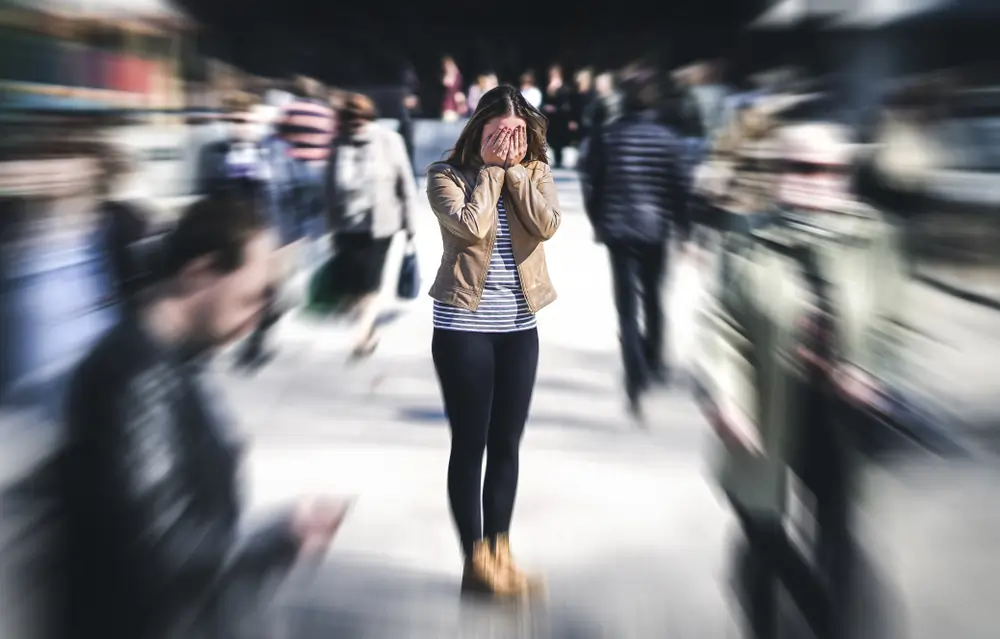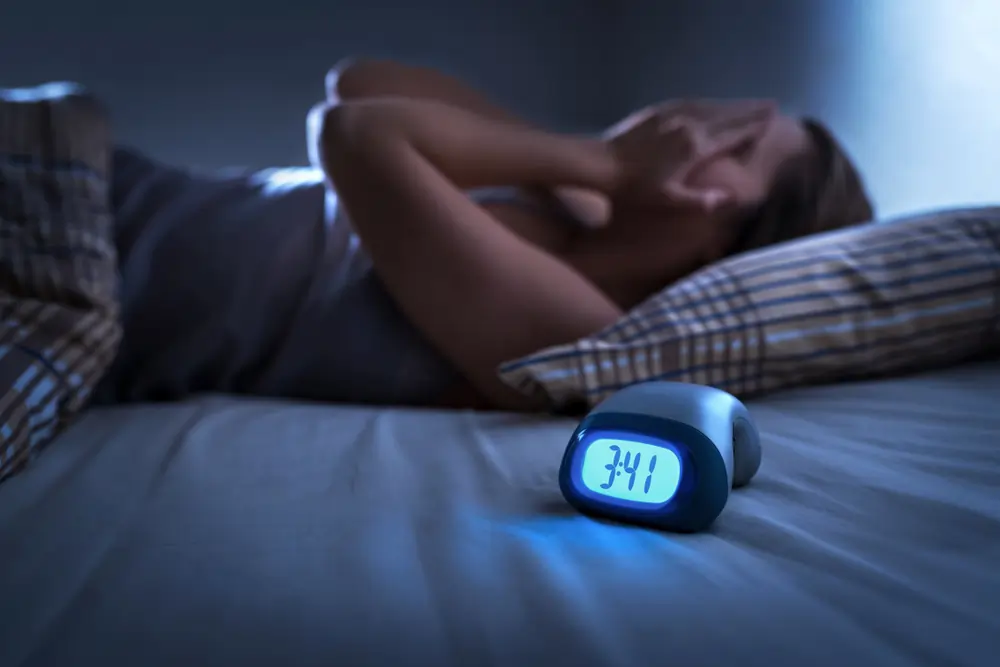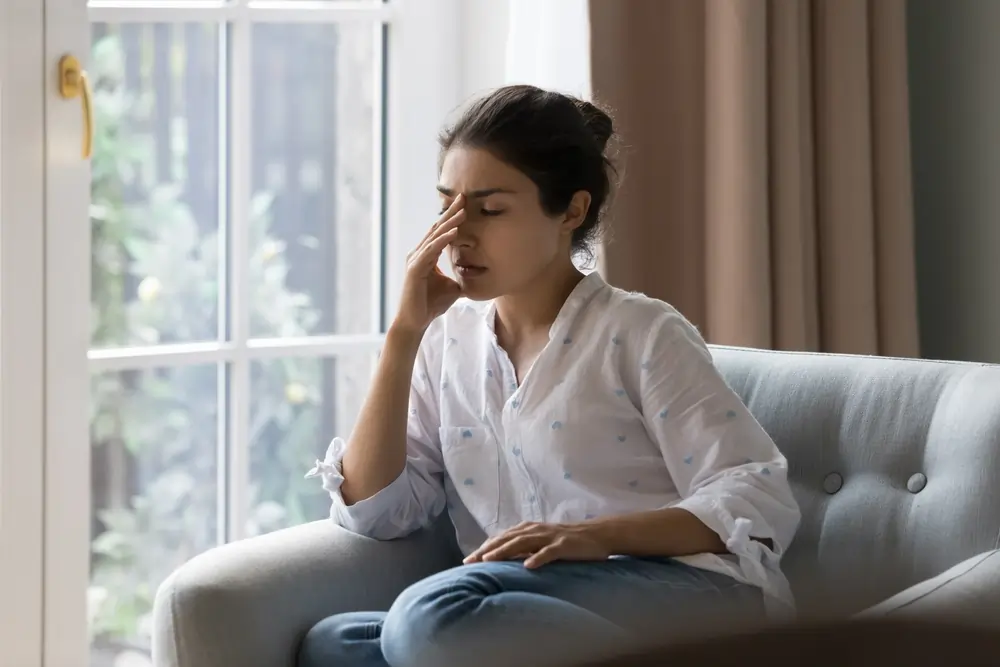Depression is a primary global health concern, affecting an estimated 280 million people worldwide, according to the World Health Organization (WHO) in 2019. That translates to roughly 5% of adults, with women slightly more likely to experience depression than men. This mental health condition has a debilitating impact, affecting everything from work productivity and relationships to physical health. While medication plays a role in treatment, exploring non-pharmacological approaches is becoming increasingly important, offering practical and sometimes more sustainable ways to manage depression without medication and improve overall well-being.
There are many ways to manage depression without medication. This article explores natural alternatives like lifestyle changes and supplements, alongside strategies like mindfulness and improving your home environment.
Acknowledge Your Emotions
A crucial first step in managing depression without medication is acknowledging your emotions. This involves self-acceptance and understanding – recognising that feeling down, irritable, or unmotivated is familiar with depression, and it doesn’t define you as a person. Remember, according to the National Institute of Mental Health, over 80% of people with depression respond effectively to treatment.
Acknowledging your emotions without judgment opens the door to exploring healthy coping mechanisms and taking control of your mental well-being. This awareness empowers you to realise that your current state is not permanent, and with effort and support, you can feel better.
Physical Activity and Exercise
Exercise isn’t just good for your body; it’s a powerful tool for boosting mood and energy levels, making it a fantastic non-medication approach to managing depression. Research shows a clear link between physical activity and mental well-being. A 2019 review found that just 10-30 minutes of exercise can significantly improve mood, likely due to the release of endorphins, our body’s natural feel-good chemicals. Exercise also helps regulate neurotransmitters like serotonin and dopamine, crucial in mood regulation. But the benefits go beyond just chemicals.
Regular physical activity improves cardiovascular health, increasing oxygen flow to the brain and promoting alertness and focus. Plus, exercise can be a great way to combat fatigue, a common symptom of depression. You don’t need to hit the gym for hours to see results. Even simple activities like a brisk 30-minute walk most days of the week or a gentle yoga session can make a big difference. So next time you’re feeling down on energy or mood, lace up your walking shoes or unroll your yoga mat – your mind and body will thank you.
Socialise and Connect
While medication can be a crucial part of curing depression, don’t underestimate the power of human connection. Social support and shared experiences are well-documented buffers against depression. A 2020 study published in the Journal of Affective Disorders found that social isolation significantly increased the risk of depression, especially for adults over 50. Combat this isolation by reaching out to loved ones – even a simple phone call or video chat can boost mood and decrease feelings of loneliness. Consider joining a support group either online or in person.

Support groups connect you with others who understand what you’re going through, fostering a sense of belonging and offering valuable coping mechanisms. Surrounding yourself with positive and supportive people can help shift your perspective and remind you that you’re not alone in this fight.
Explore New Things
Depression can be a notorious mood thief, draining your motivation and enthusiasm for activities you once enjoyed, let alone venturing into new territory. A 2020 study published in the Journal of Abnormal Psychology found that a lack of interest in activities that were previously enjoyable is a hallmark symptom of depression, affecting over 90% of individuals. While forcing yourself to try something new might feel daunting initially, it can be a powerful tool to combat stagnation and boredom.
Start by creating a list of potential activities, even seemingly small things like trying a new recipe, visiting a local museum, or taking a different route on your walk. Remember, you might not experience an immediate spark of joy, and that’s okay. The key is persistence; with each new attempt, you increase the chances of discovering something that reignites your curiosity and provides a sense of accomplishment. Set a realistic goal, like trying one new thing a week, to create a sense of momentum and break the cycle of negativity that depression often fosters.
Go for Light Therapy
Light therapy emerges as a promising option with established effectiveness. This treatment involves regular exposure to bright light, typically delivered through a light therapy box designed to mimic natural sunlight. Research suggests light therapy regulates the body’s internal clock, known as the circadian rhythm. When sunlight exposure dwindles during the fall and winter months, this disruption can contribute to seasonal affective disorder (SAD), a type of depression characterised by low mood, fatigue, and social withdrawal. Studies show light therapy can be remarkably effective in treating SAD.
A 2023 review published in The BMJ found that bright light therapy significantly improved symptoms in adults with SAD, with some studies suggesting an improvement rate as high as 70%. Light therapy is generally well-tolerated with minimal side effects, making it a safe and potentially transformative option for those struggling with seasonal depression.
Mindfulness Techniques
Mindfulness techniques have emerged as powerful tools for managing depression without medication, with research showing promising results. Studies suggest that practising meditation, deep breathing, and other mindfulness exercises can be as effective as medication for some people with mild to moderate depression.
One reason for this effectiveness is mindfulness’ ability to break the cycle of negative thoughts and rumination that often characterise depression. By focusing on the present moment through techniques like deep breathing, which focuses on the physical sensations of inhalation and exhalation, individuals can interrupt these negative thought patterns and cultivate a sense of calm.
Meditation, which can involve guided imagery or simply observing your thoughts without judgment, can further enhance this process by promoting self-awareness and emotional regulation. These techniques are effective in managing depression without medication and Preparing individuals with tools for long-term well-being, as mindfulness practices can be integrated into daily life, regardless of location or situation.
Better Sleep Habits
Getting a good night’s sleep is crucial for mental well-being, as evidenced by research showing a strong link between sleep disturbances and conditions like depression and anxiety. Studies show that up to 90% of people with depression experience sleep problems. Fortunately, there are steps you can take to improve your sleep quality.

Creating a consistent sleep schedule, even on weekends, is vital, as it regulates your body’s natural sleep-wake cycle. Aim for 7-8 hours of sleep each night, and establish a relaxing bedtime routine that might include taking a warm bath, reading a book, or practising deep breathing exercises.
Avoid screen time for at least an hour before bed, as the blue light emitted by electronics disrupts melatonin production, a hormone that helps regulate sleep. Ensure your bedroom is calm, dark, and quiet, and reserve your bed for sleep and intimacy – avoid working on laptops or watching TV in bed. If you lie awake for over 20 minutes, get out of bed and do a quiet activity until you feel tired. By prioritising healthy sleep habits, you’ll be well on your way to a treat depression without medication.
Don’t Fight Depression Alone
Feeling down sometimes is normal, but persistent symptoms of depression are a sign you shouldn’t ignore. While self-care is essential in fighting depression without medication, although it requires professional help. Talk to your doctor about your experiences. They can recommend treatment options and self-help strategies that work best for you. Remember, you don’t have to fight this battle alone.
Stay tuned with Med Hacks for further information like this!

 +92 306 4790704
+92 306 4790704 info@medhacks.online
info@medhacks.online


Leave a Reply